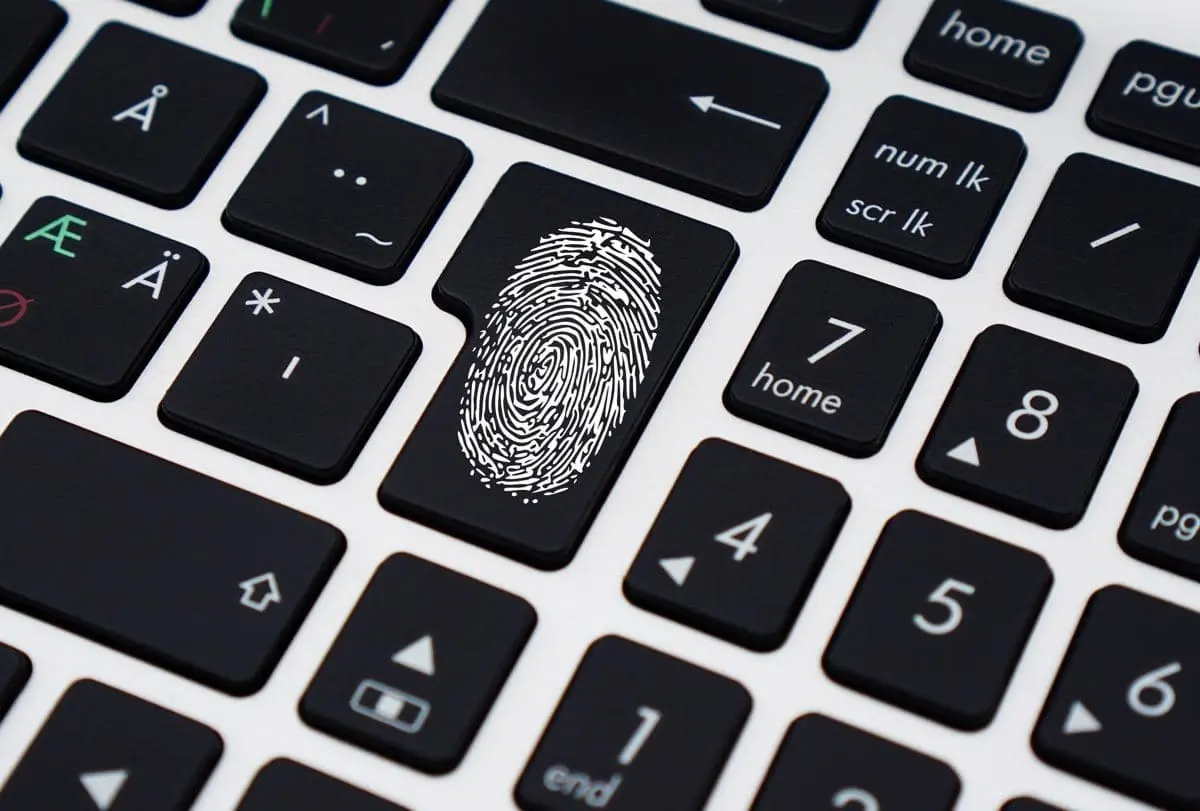| IN THIS ARTICLE |
|
So, what is Validation Forensics? Validation Forensics 1: Documentation Requirements Validation Forensics 2: Compliance |
The world of forensics invokes a few thoughts in most people’s minds, but without getting too technical, the science of forensics has originated from the principles of repeatable processes and the worthiness of evidence.
Repeatable simply means the same outcomes, resulting from the use of the same methods. Given this, it only stands to reason that the best outcomes need to work in conjunction with excellent documentation and process control management.
So what is Validation Forensics?
In the world of forensics, your data and processes are all you have.
Good scientific research and analysis depend on excellent documentation processes. Think of forensic validation as quality control for this industry. In the context of forensics, there is a strong requirement for correct processes, and the systems relied upon to ‘do what they are intended to do’.
Validation Forensics 1: Documentation Requirements
Sometimes, too little time is paid to the essential quality assurance focus required for a field like forensics (or any other for that matter). That’s where a solution for documents, processes, and workflows is so important. The correct systems solution will ensure conformity and order and will remove the potential for that nagging worry in the backs of management’s minds.
Validation Forensics 2: Compliance
In terms of compliance, why is forensic validation important? The scary compliance monster will raise its head on many occasions in our business lives. While regulatory requirements can be a source of anxiety, the rules are there for a reason.
In the field of forensics, these obligations are ever-present. Having an aligned system with inbuilt, cooperative features, is indispensable. Meeting the needs of any forensic organization is by no means a small feat, with ISO/IEC 17025 compliance the single most important standard for testing laboratories today. Laboratories that achieve compliance are confident that they are technically competent in producing test data.
For the forensics organization, this regulation is critical and that’s where methodical processes are needed. Accreditation inevitably brings about a need for structure and order within an organization’s documents and processes. It does this quite cleverly, by relying on the human need to comply with regulatory obligations, but even more so, to remove the headache of non-compliance
Validation Forensics 3: pieces of the puzzle
For the specialized industry, it is crucial that all methods are validated. Scientific best practices are what can be only described as the be-all and end-all. From data to final reporting, forensic validation is crucial in order to confidently share correct information both internally and in related fields.
Within this field, all documents and processes need real-time visibility which works hand in hand, with enabling good scientific research. An important contributor to the industry is its partnering with solutions to write, track, and report digitally. Previous manual forensic validation processes are simply inefficient and outdated. The solution provider who partners with a business dealing with forensics understands this.
The forensic discipline should need no longer be disrupted by inadequate tools. The results can be catastrophic Results will not be consistent and accuracy rates will falter. This will only lead to discrediting the organization and the industry.
Validation Forensics 4: solution based
Written protocols, visibility, and reporting readiness are all as important as one another and this industry has learned that it cannot function properly, or compliantly, without them.
The burden lies heavily on the software used, and its ability to comfortably meet the demands of the organization. Changes and anomalies can make themselves known at any minute, with any variations or adjustments needed during the development of validation, needing to be effortless for any system supporting the organization.
The best solution will be flexible, easy to use, and purpose-driven. By themselves, these are just two simple words, but combined with the right solutions, Quality Assurance and its essential focus can free up time and people. So begins the race for great documentation practices.
The forensics field, like many others, has a need to be proactive, not reactive when it comes to documentation, processes, and continued improvement.
Digital forensics is continuing to grow and with this growth comes the demand for suitable applications, which not only offer compliance, but progression. Combined, they guarantee a real future for any forensics organization.
%20(1).webp?width=2000&name=two-happy-businessman-working-laptop%20(3)%20(1).webp)



